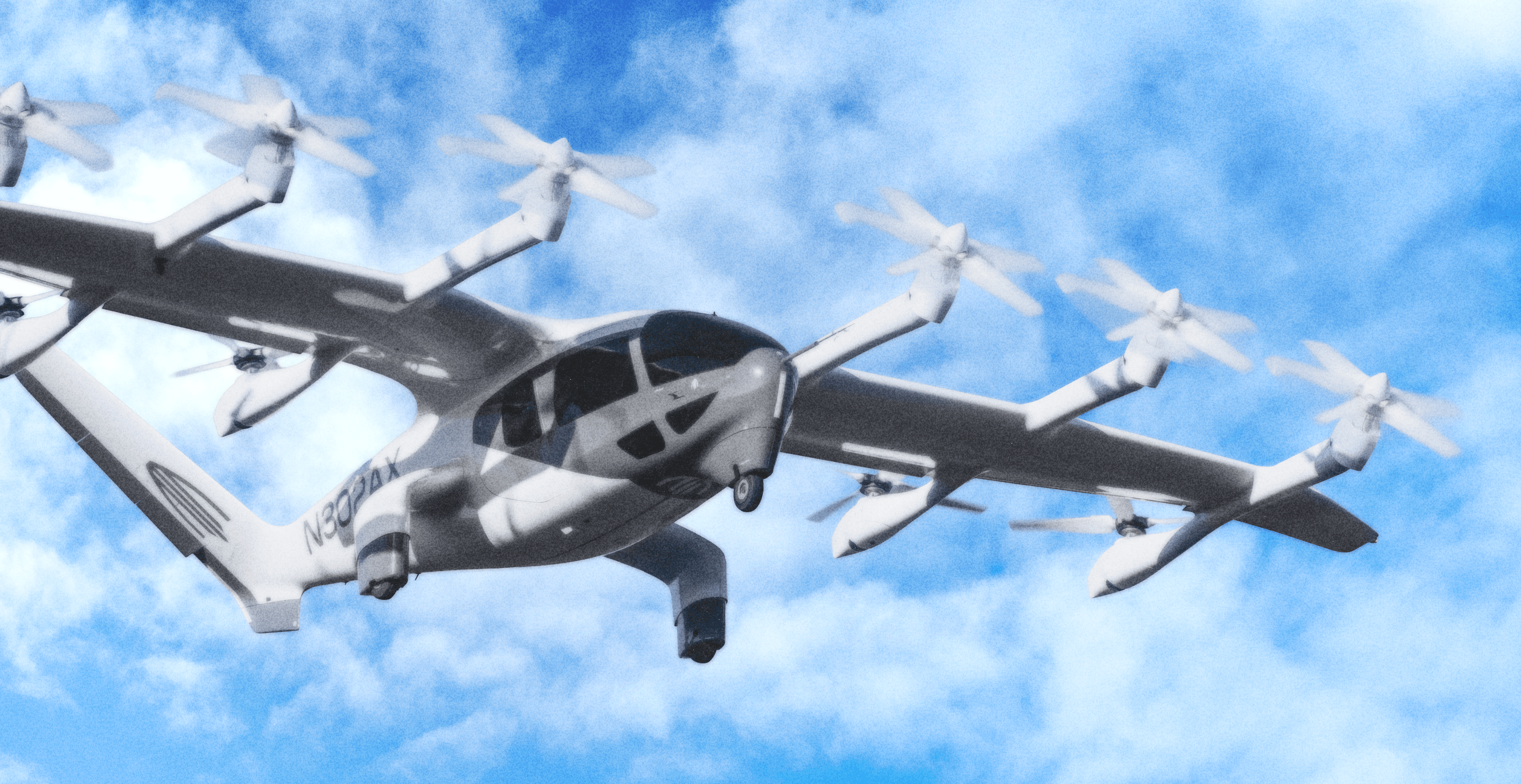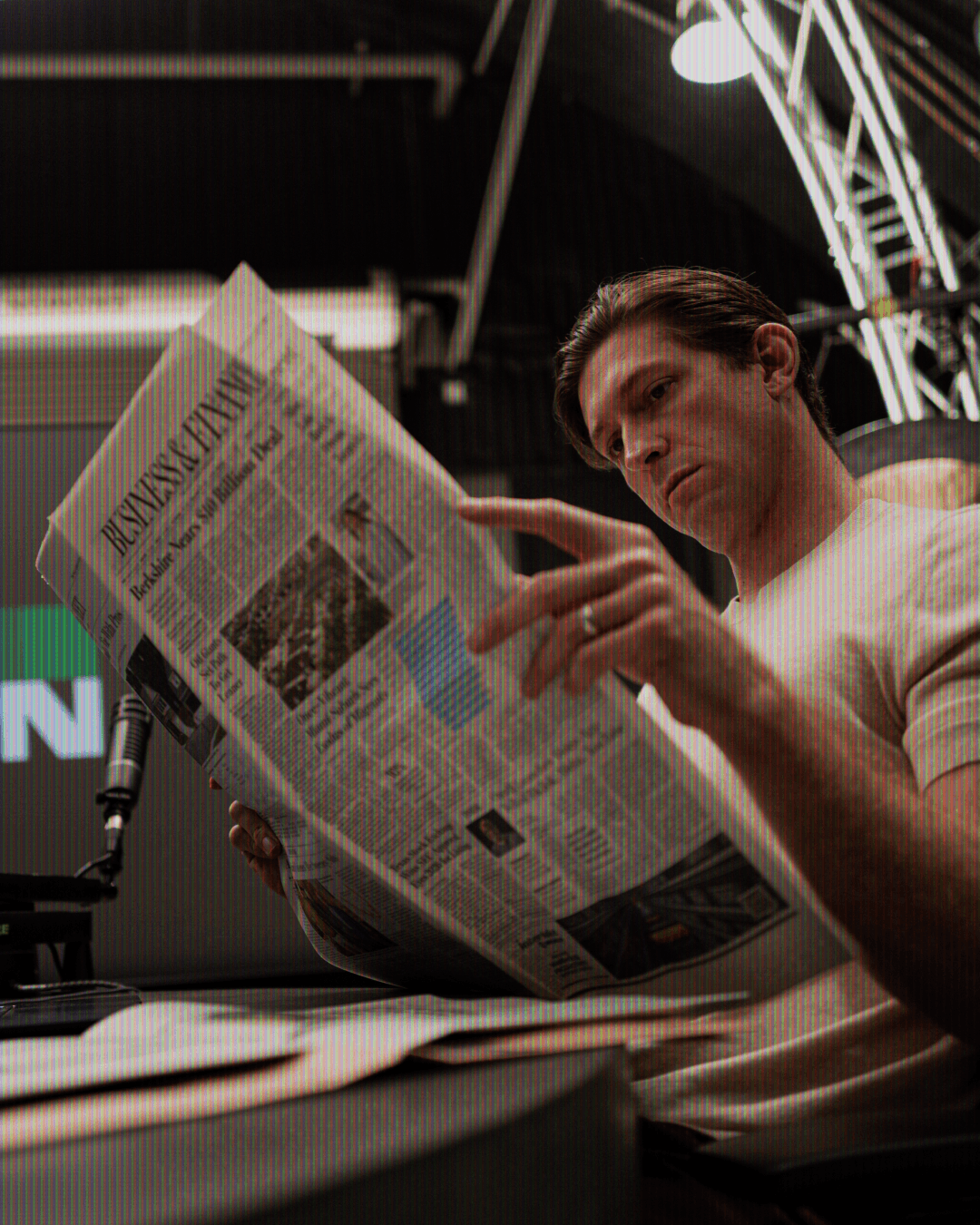tt
tt
tt
tt
tt
tt
Civilization
•
Jun 17, 2025
Mobs, Machines, and the American Spirit
Burning Waymos and what technology means to America

Sign in to keep reading
Sign up for free to see the rest of the article.
About the Author
Jeff Feiwell is the COO of Arena Magazine
ComponentTest










